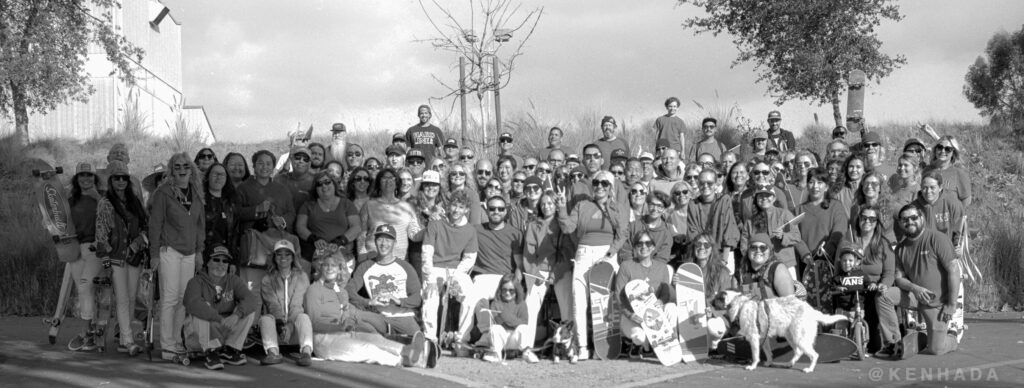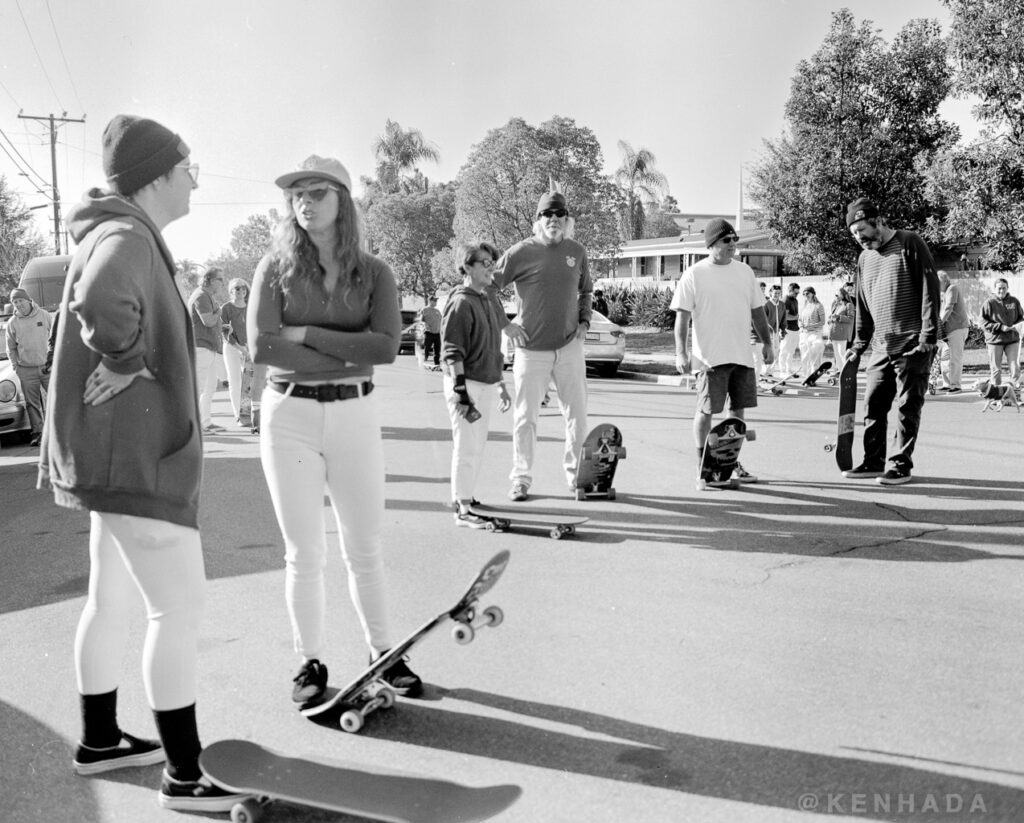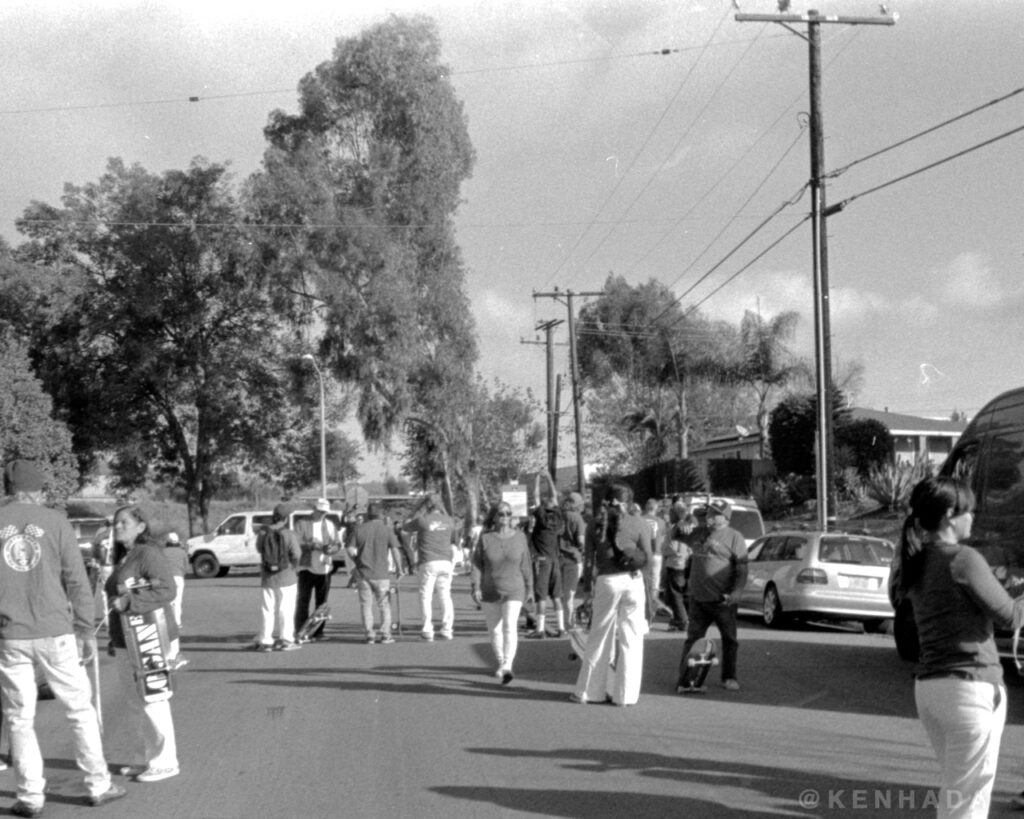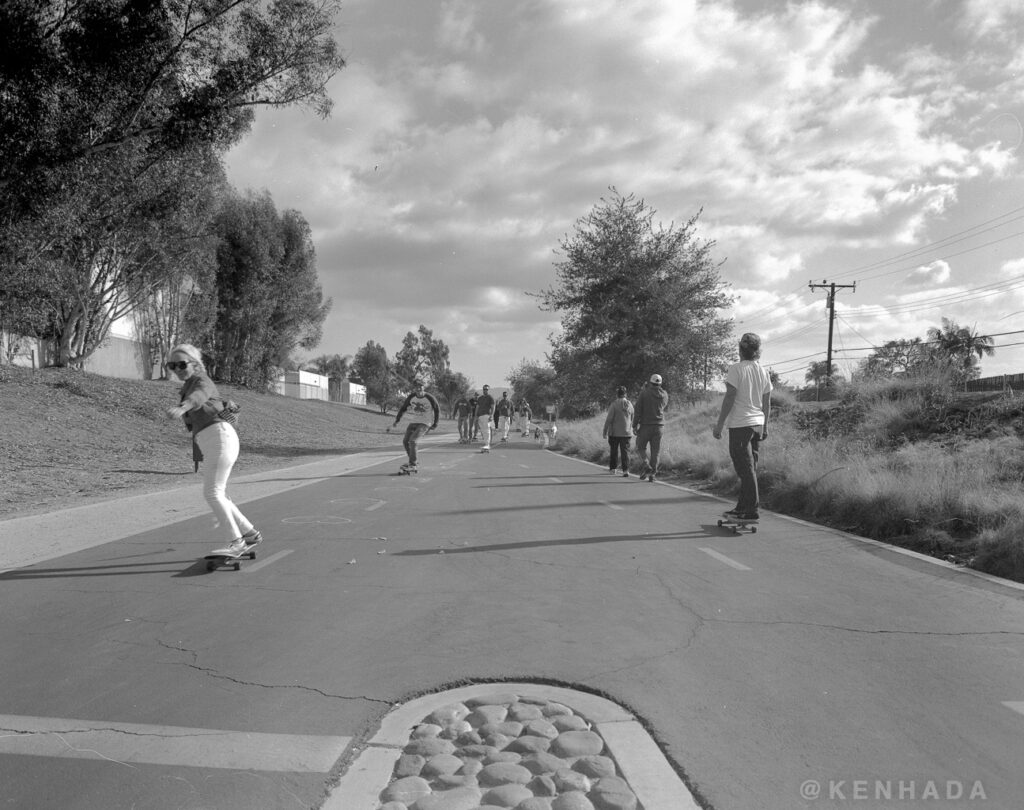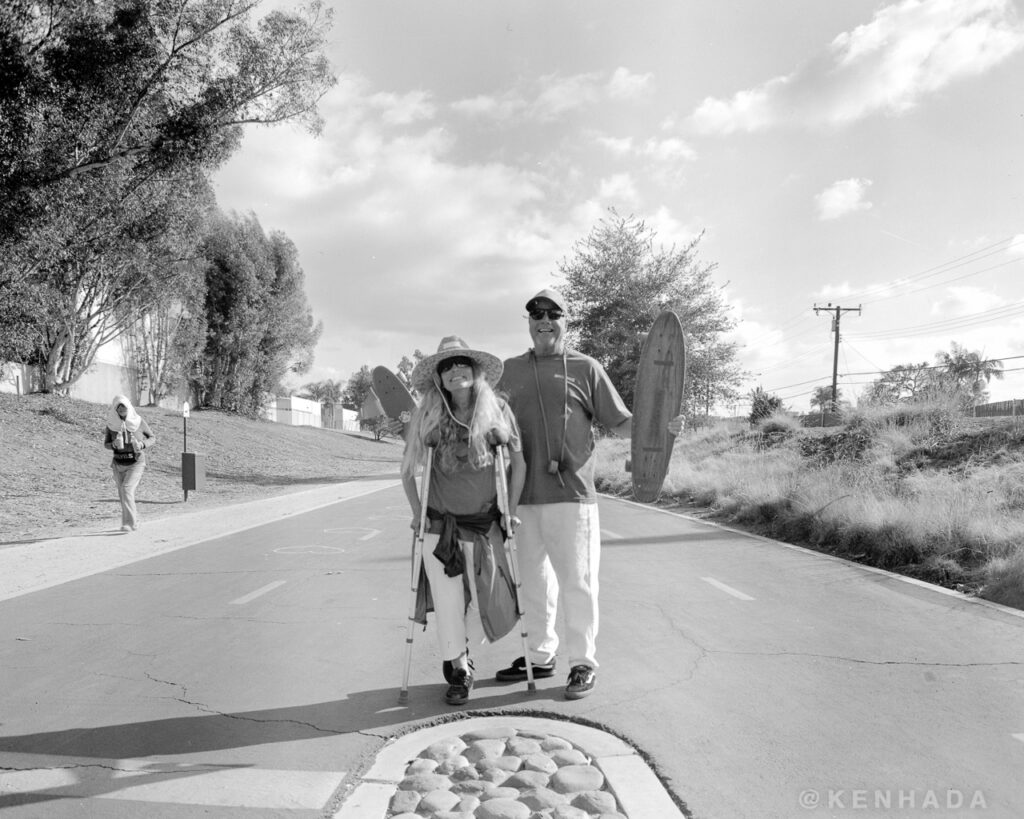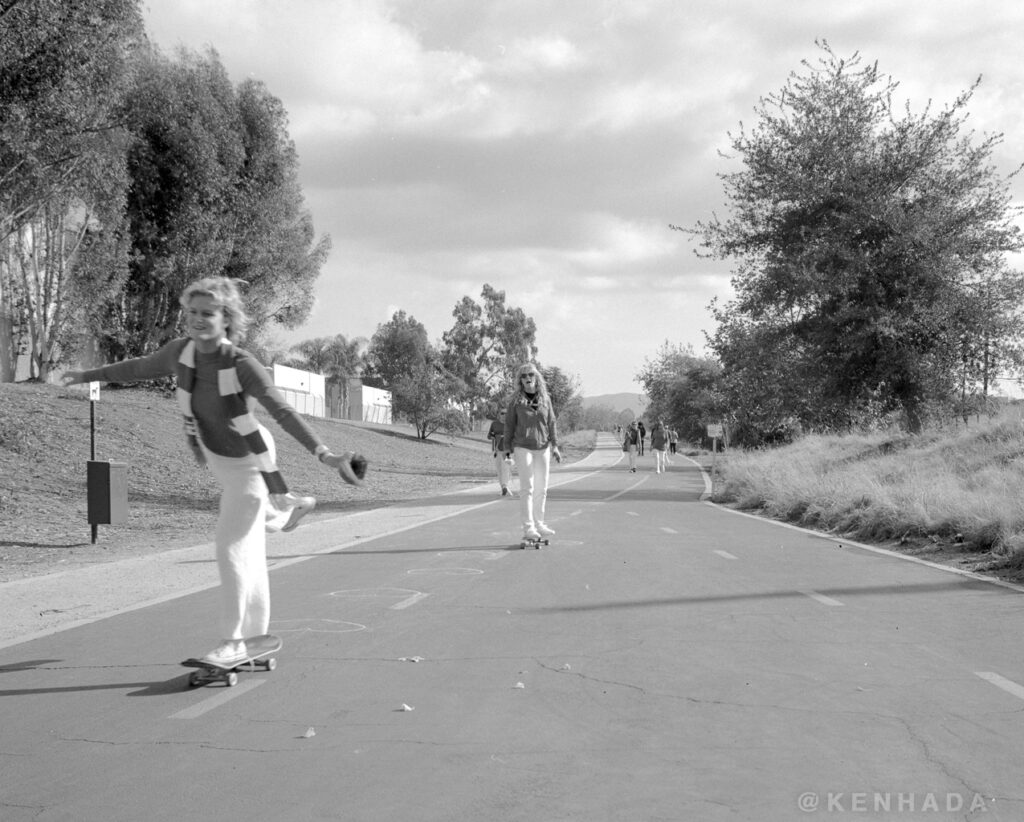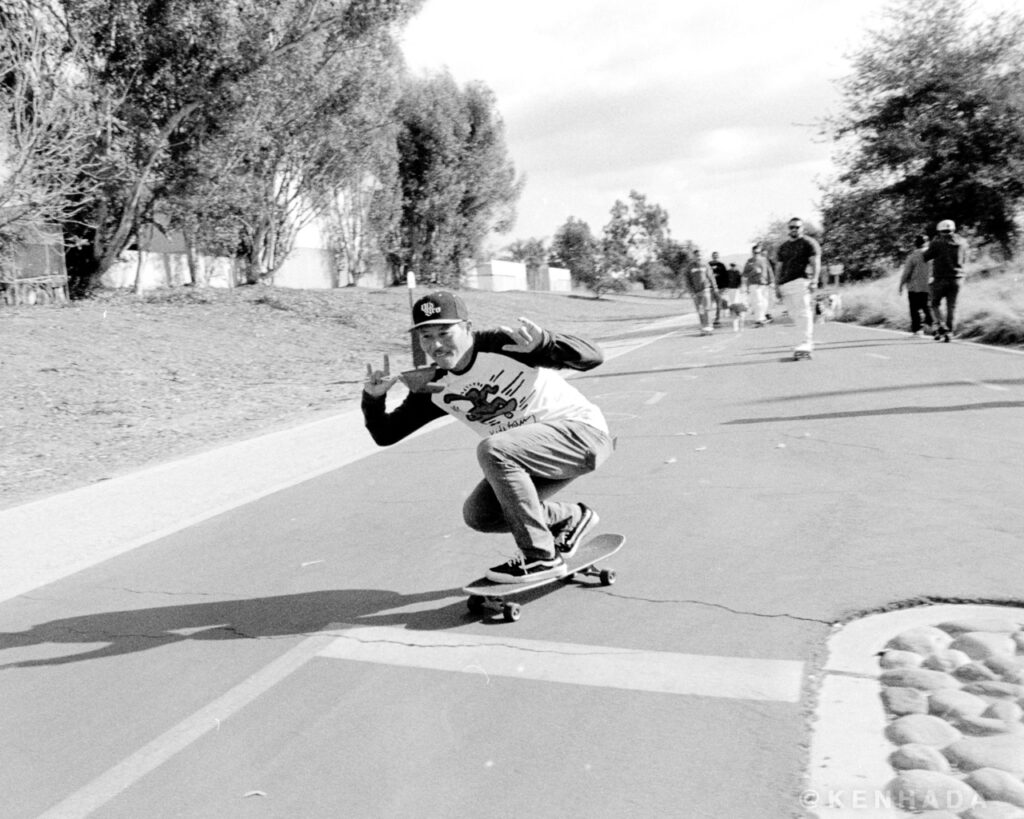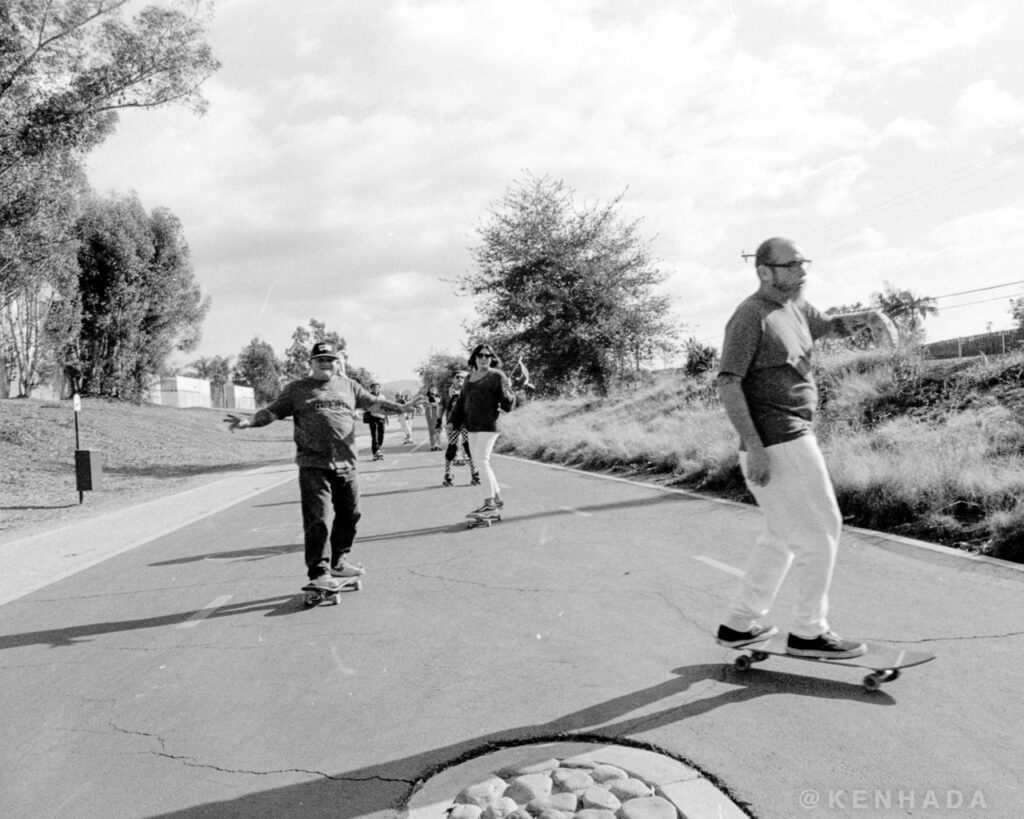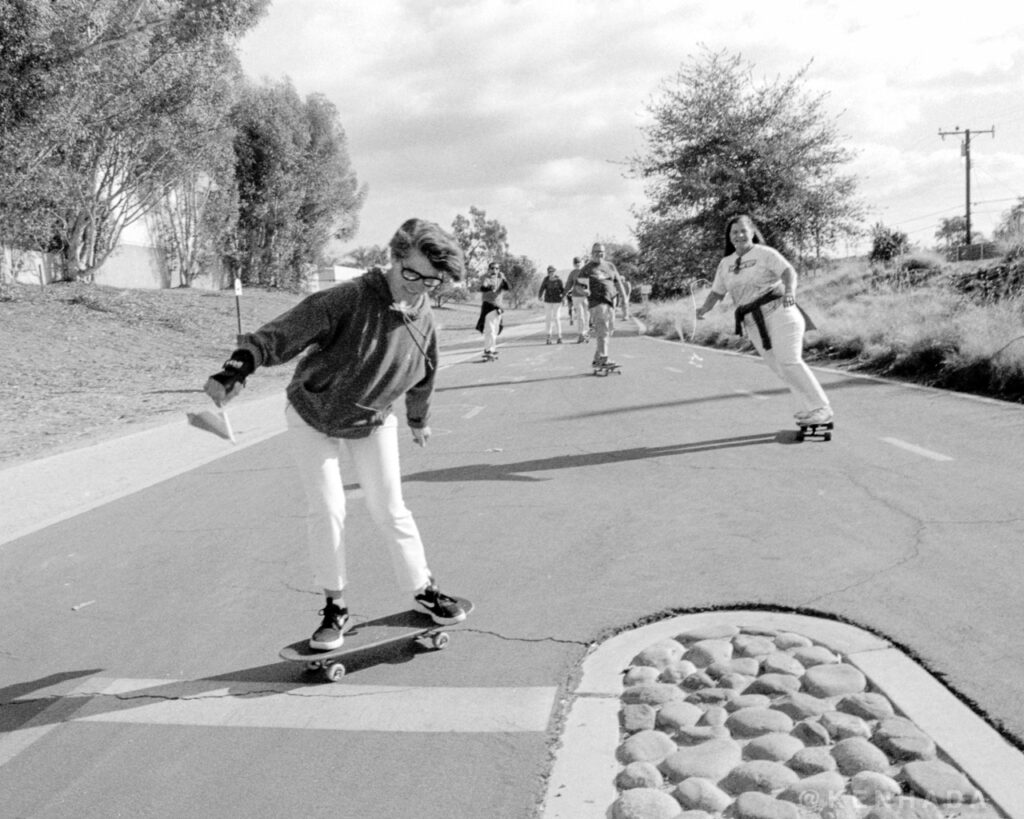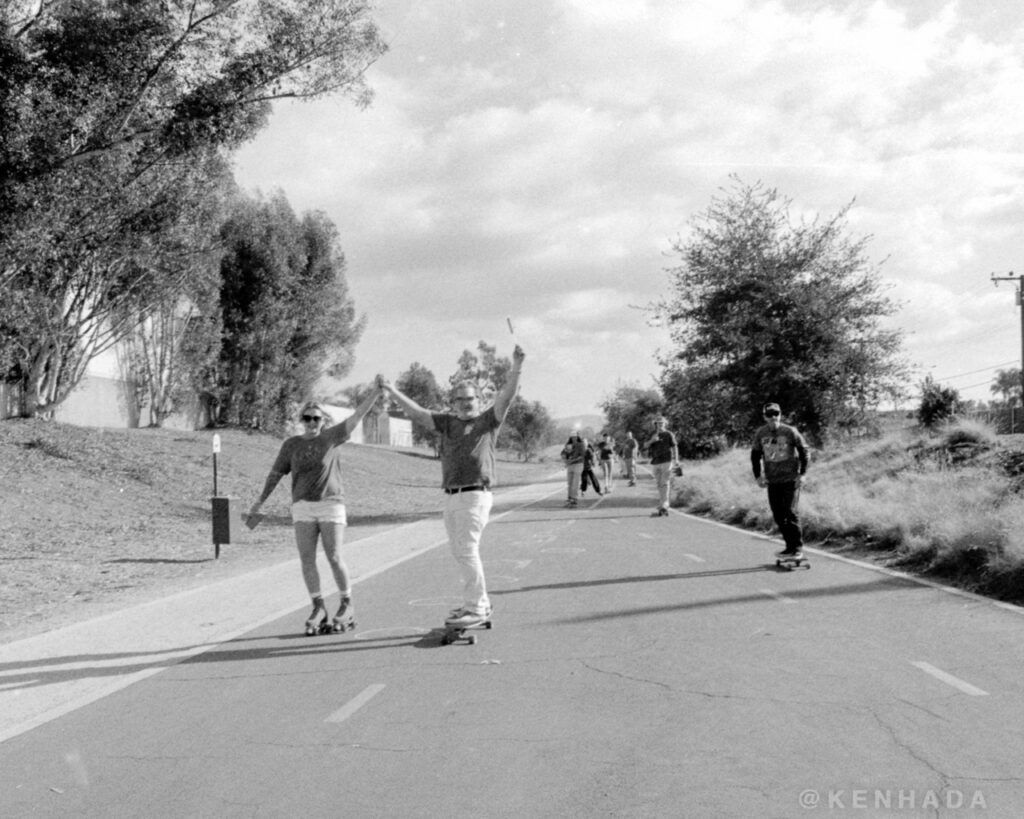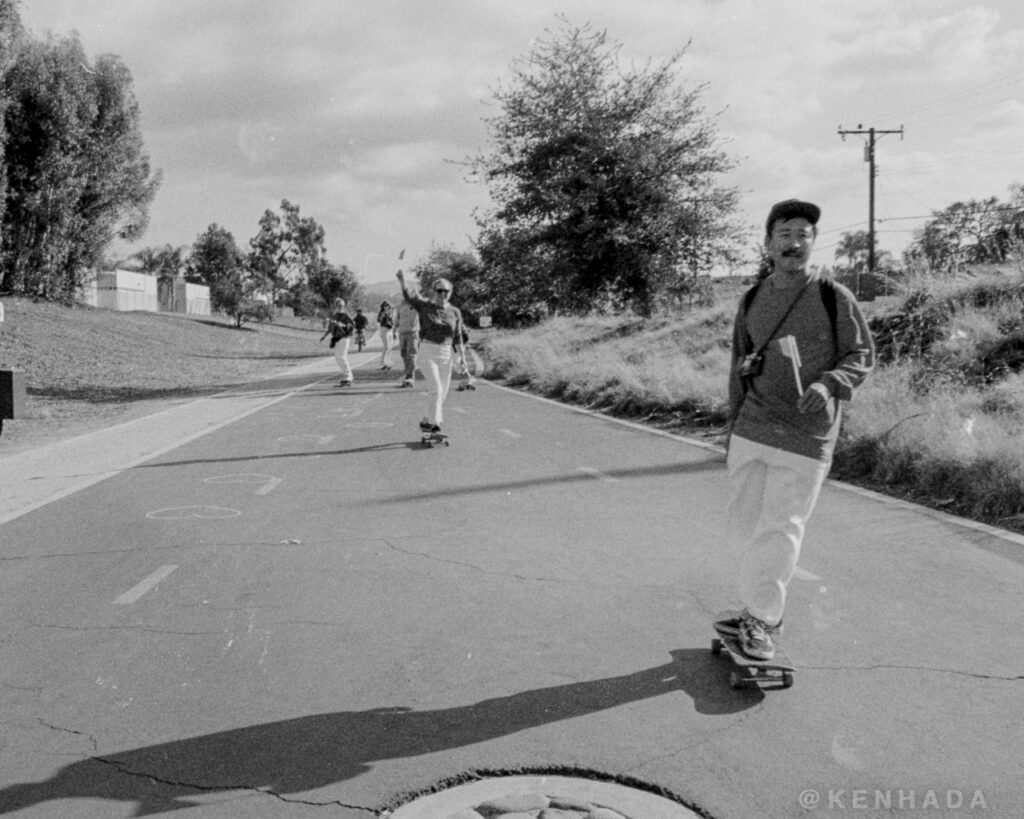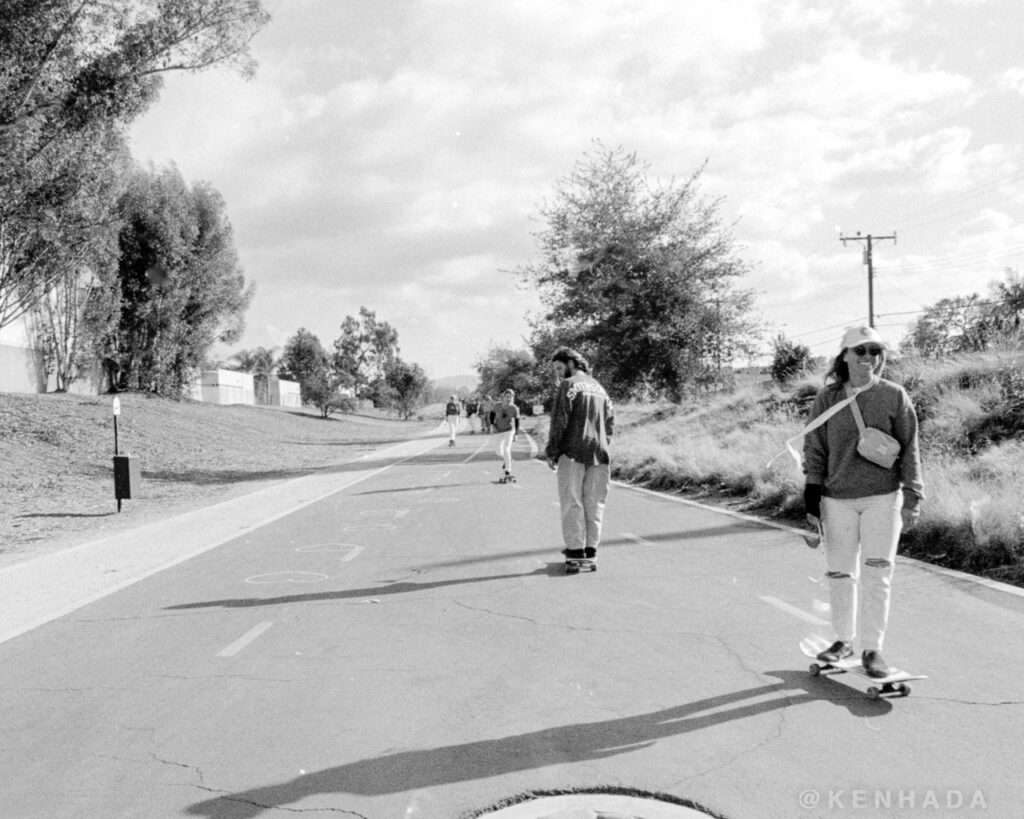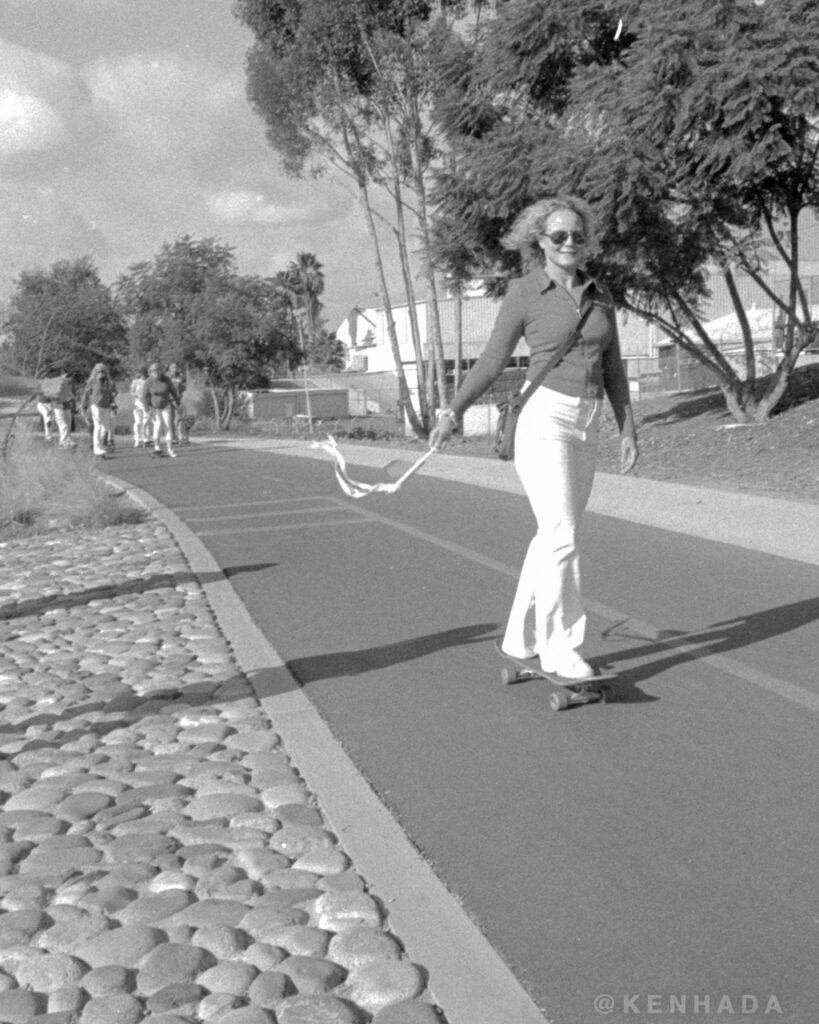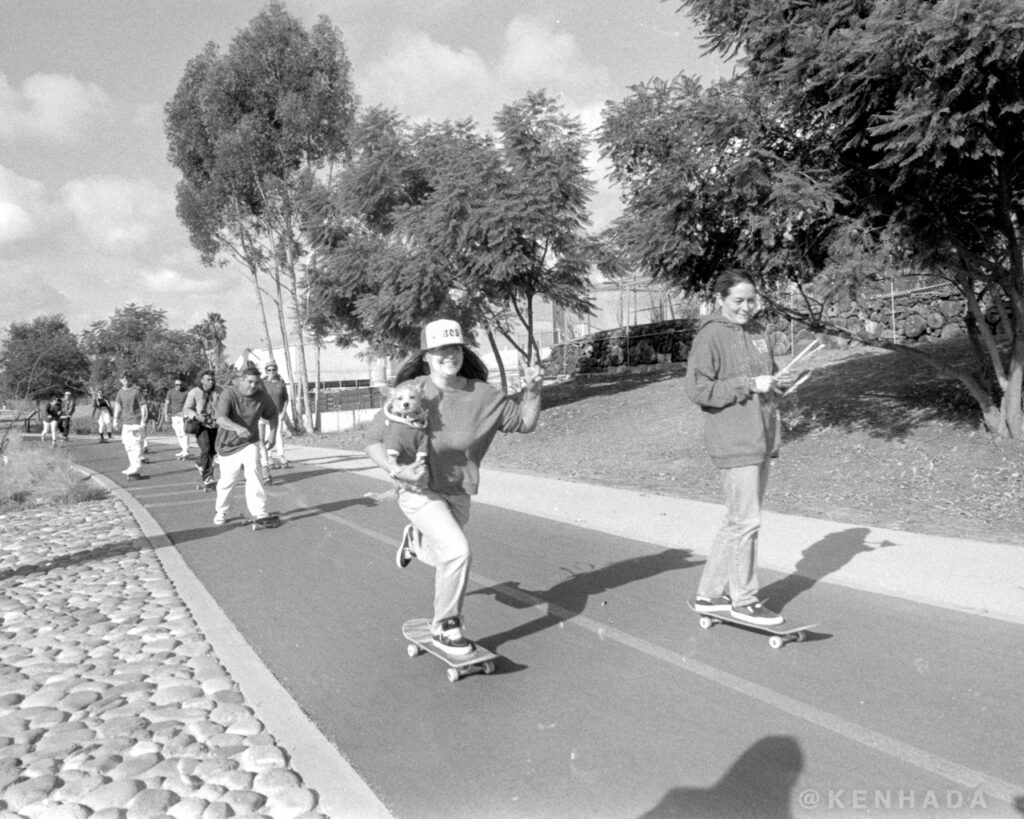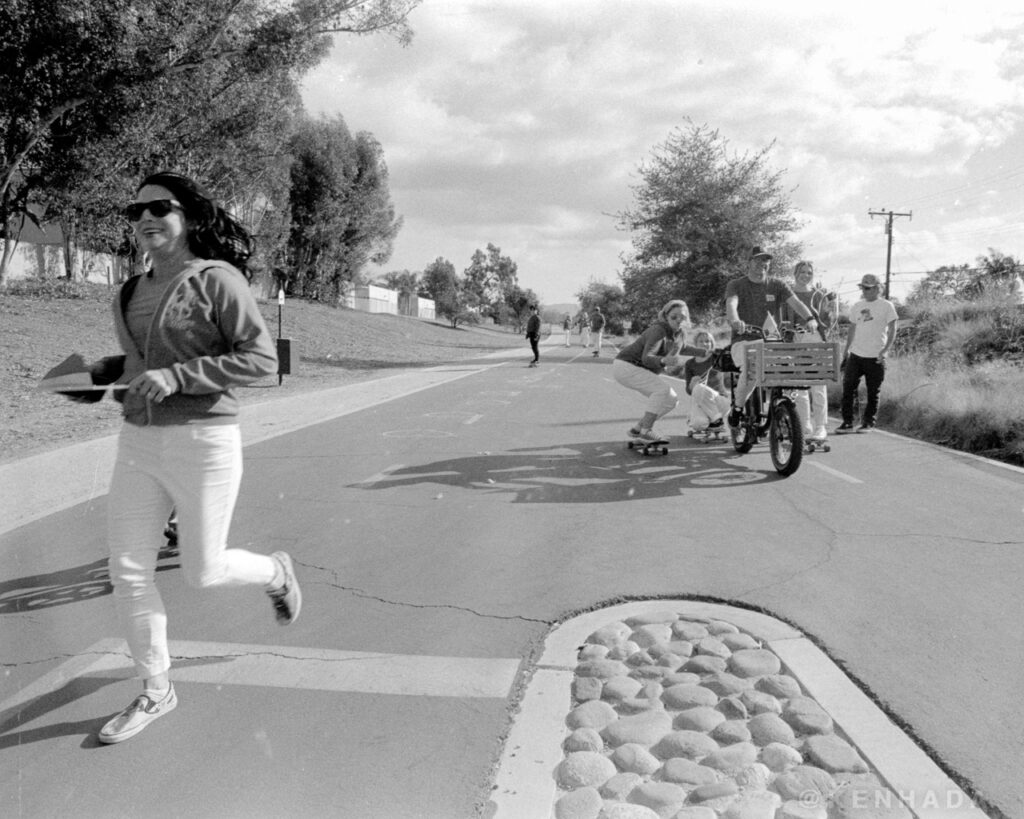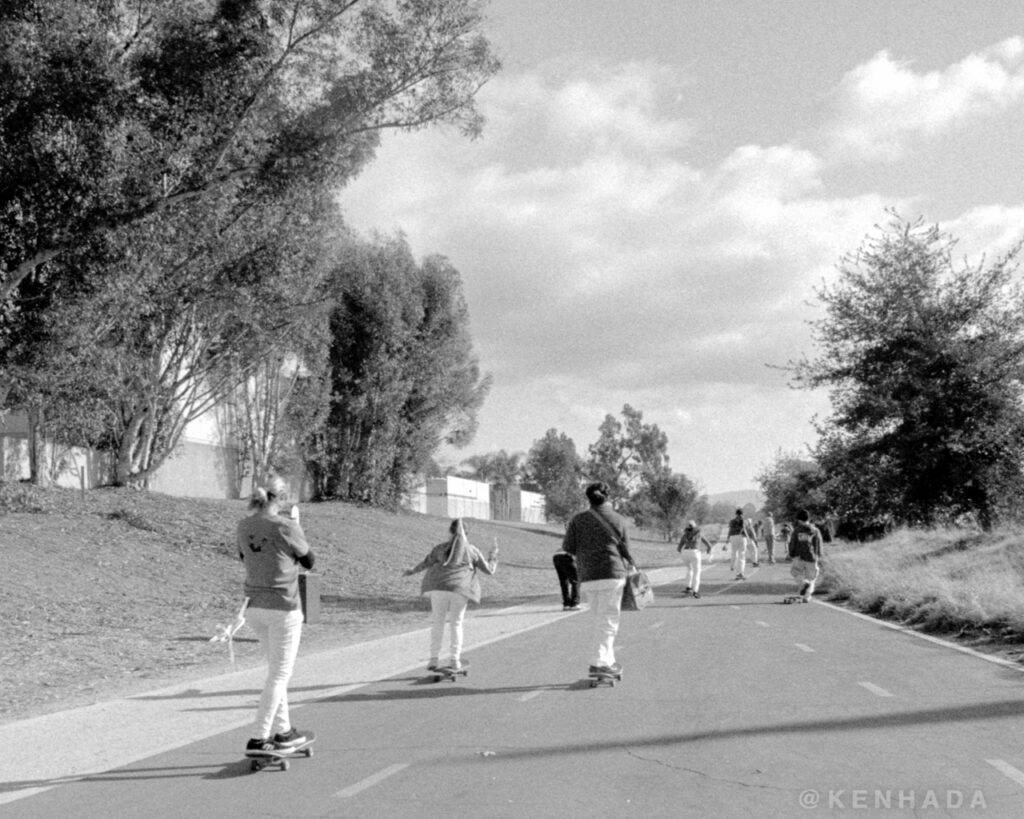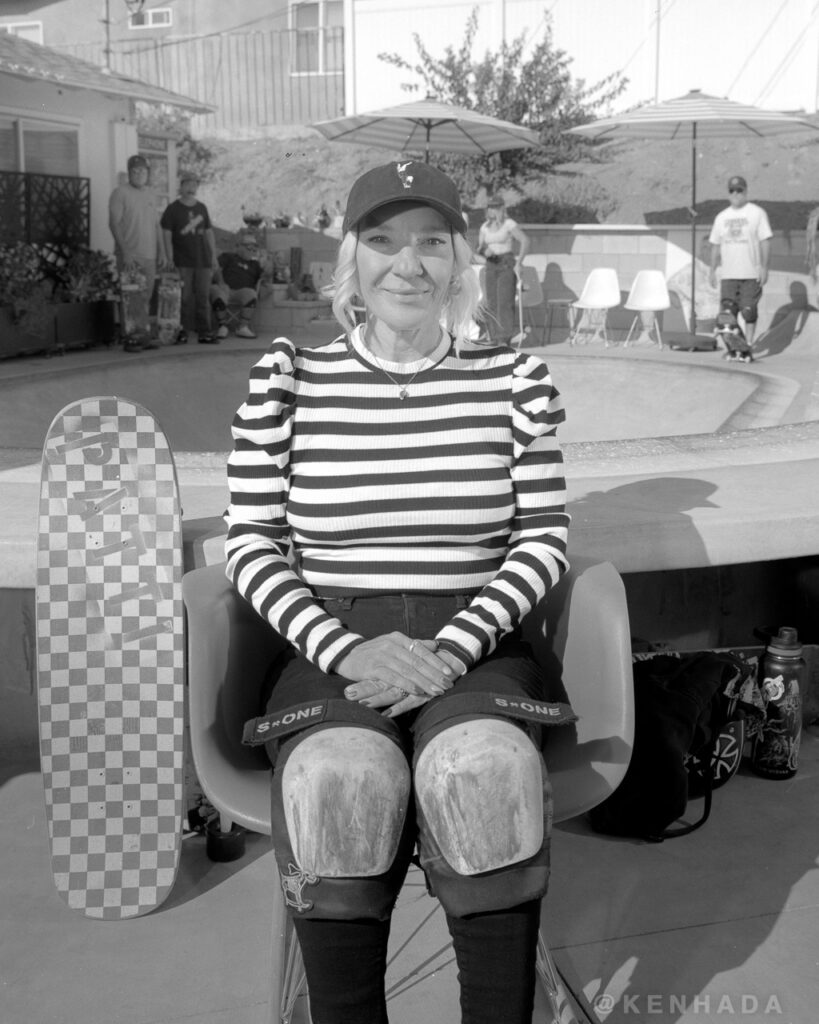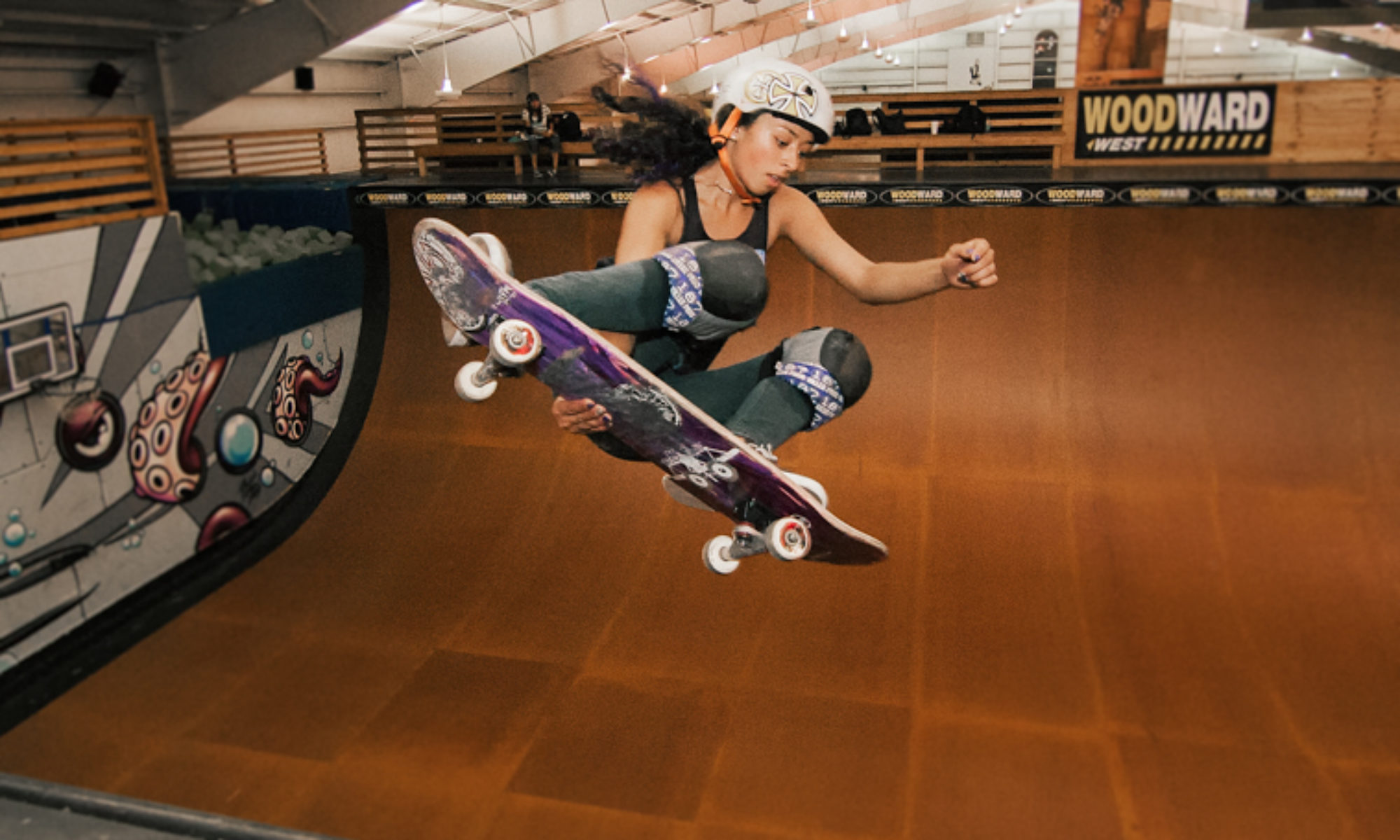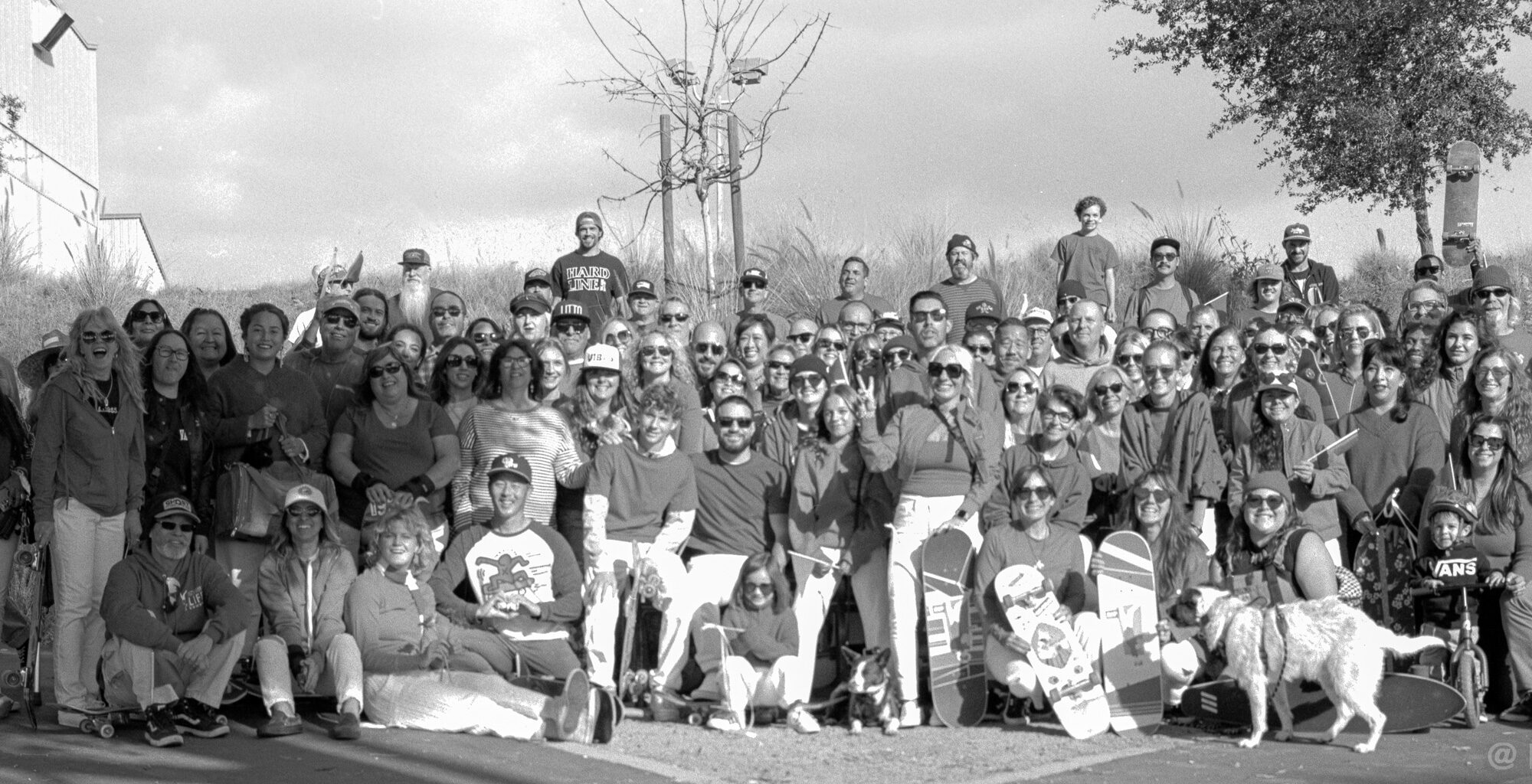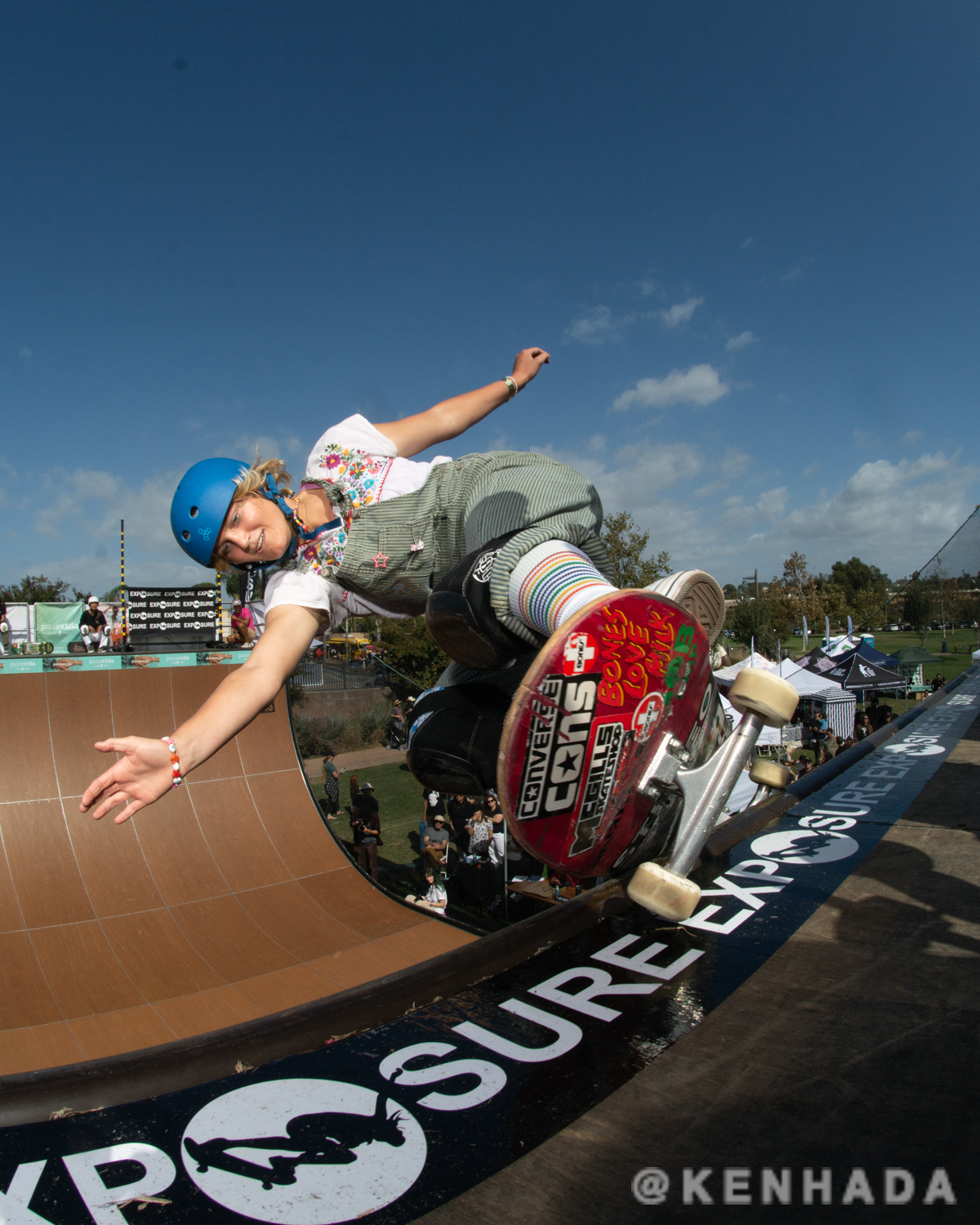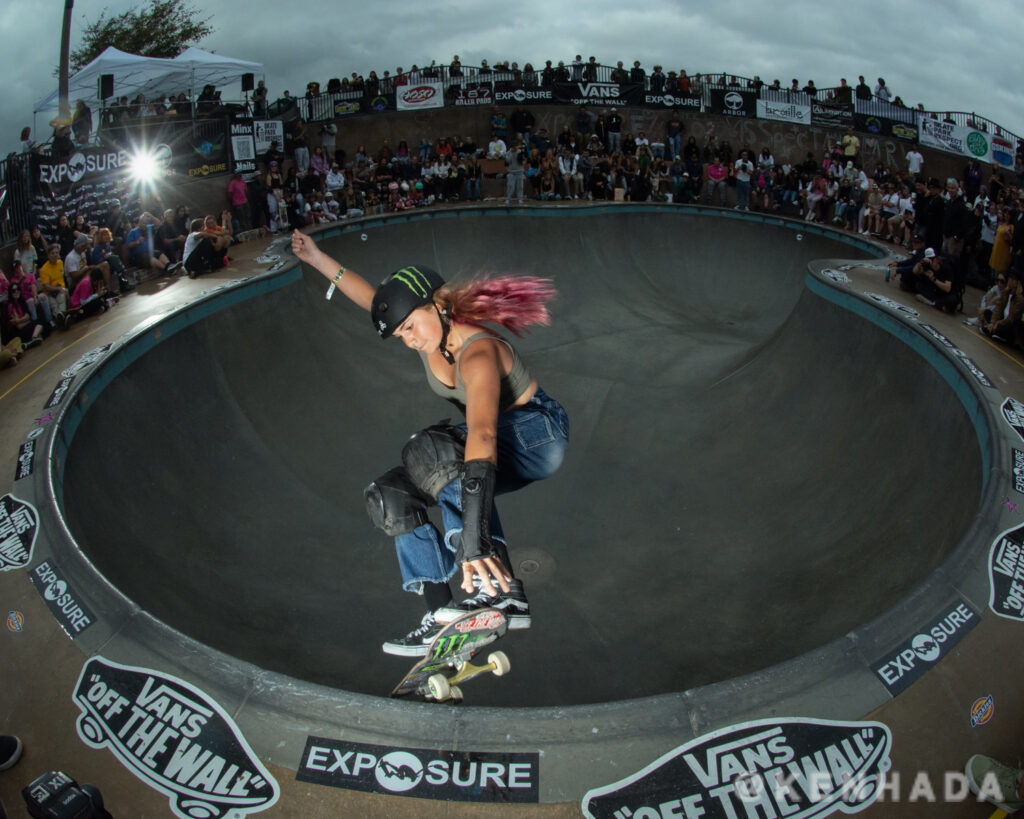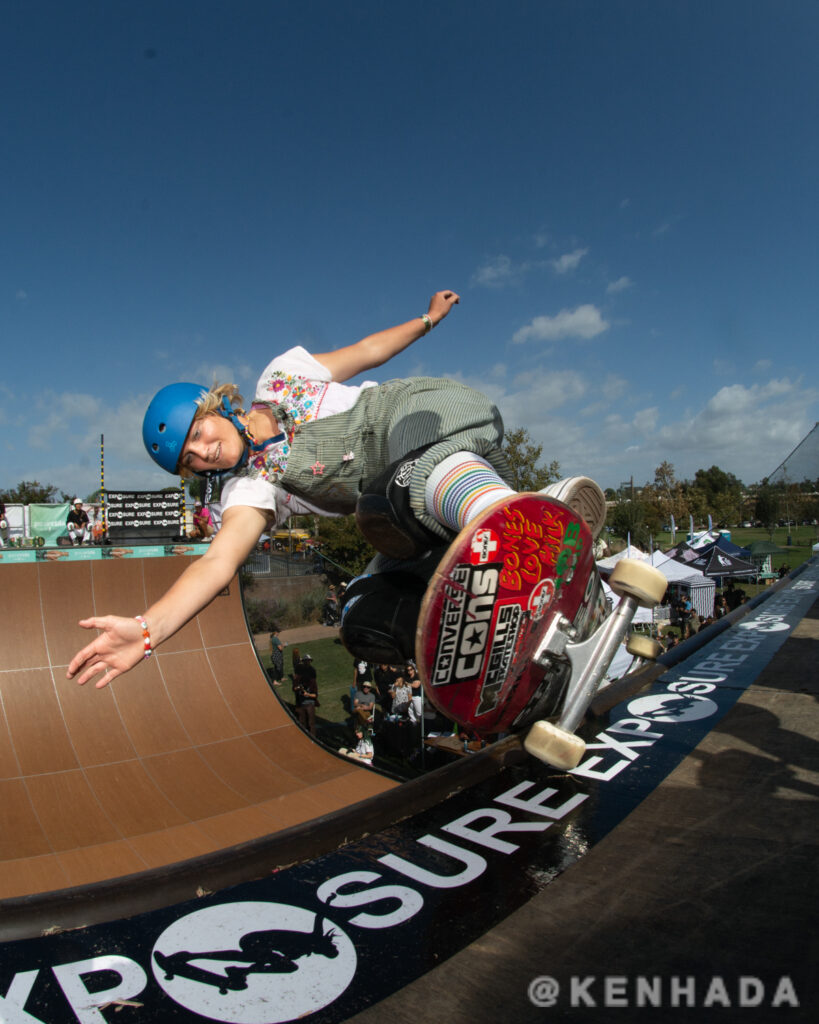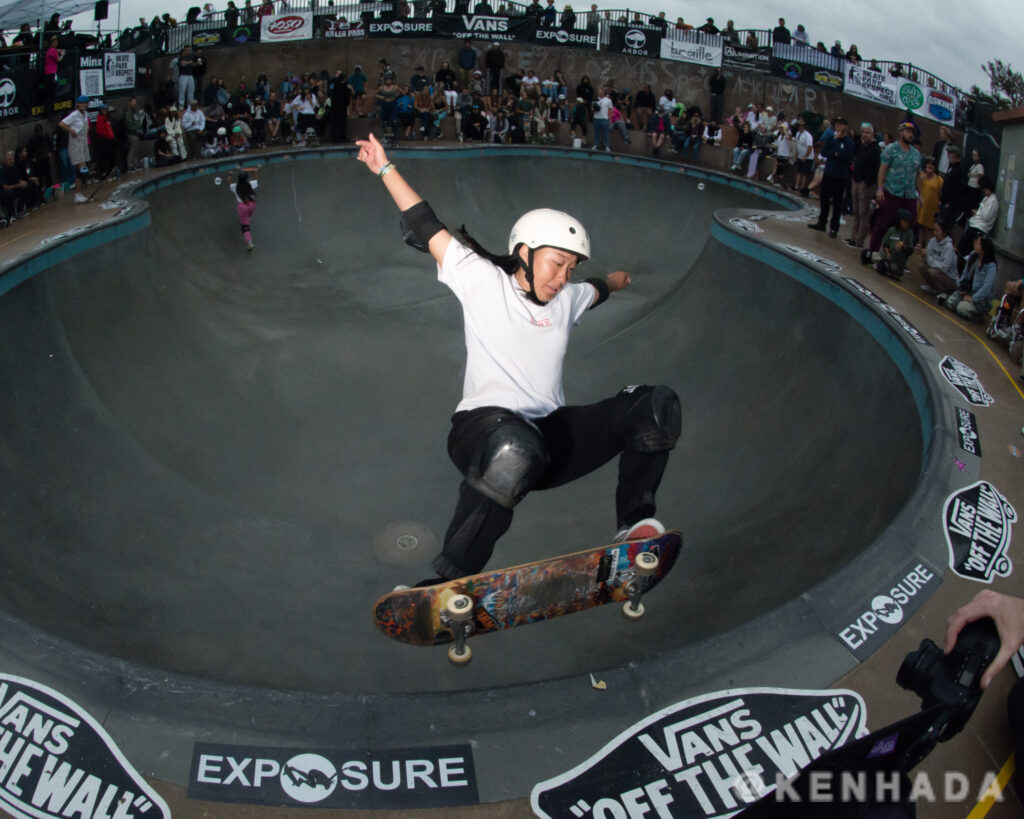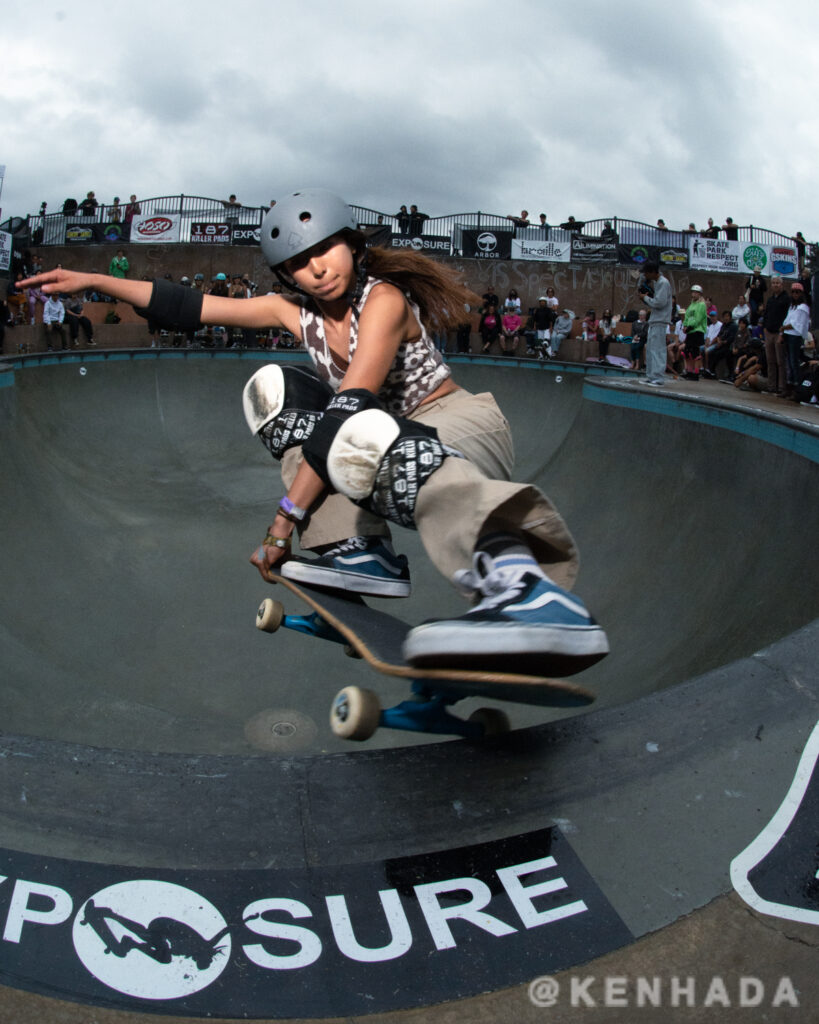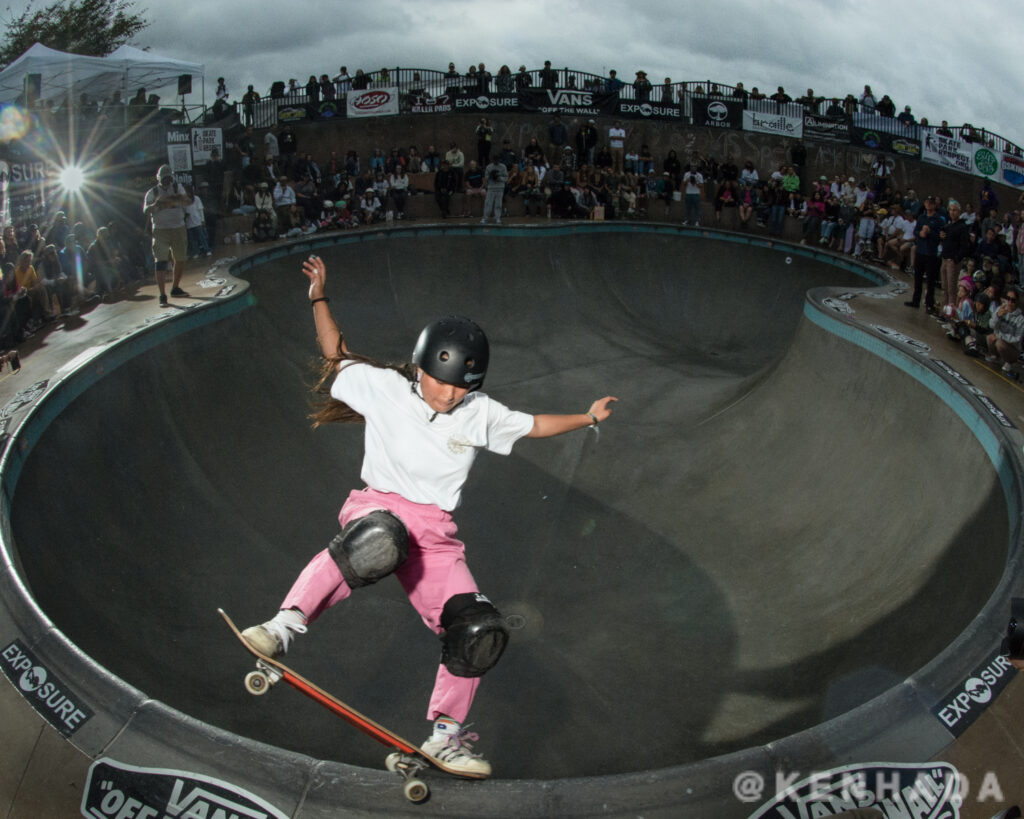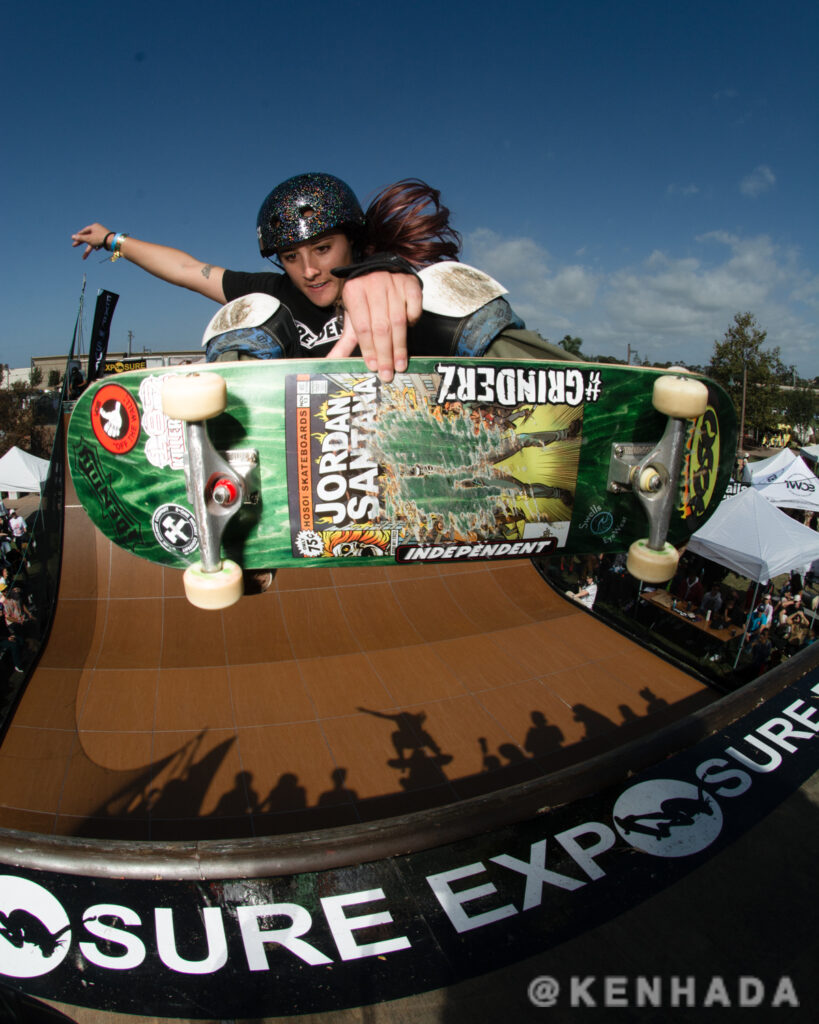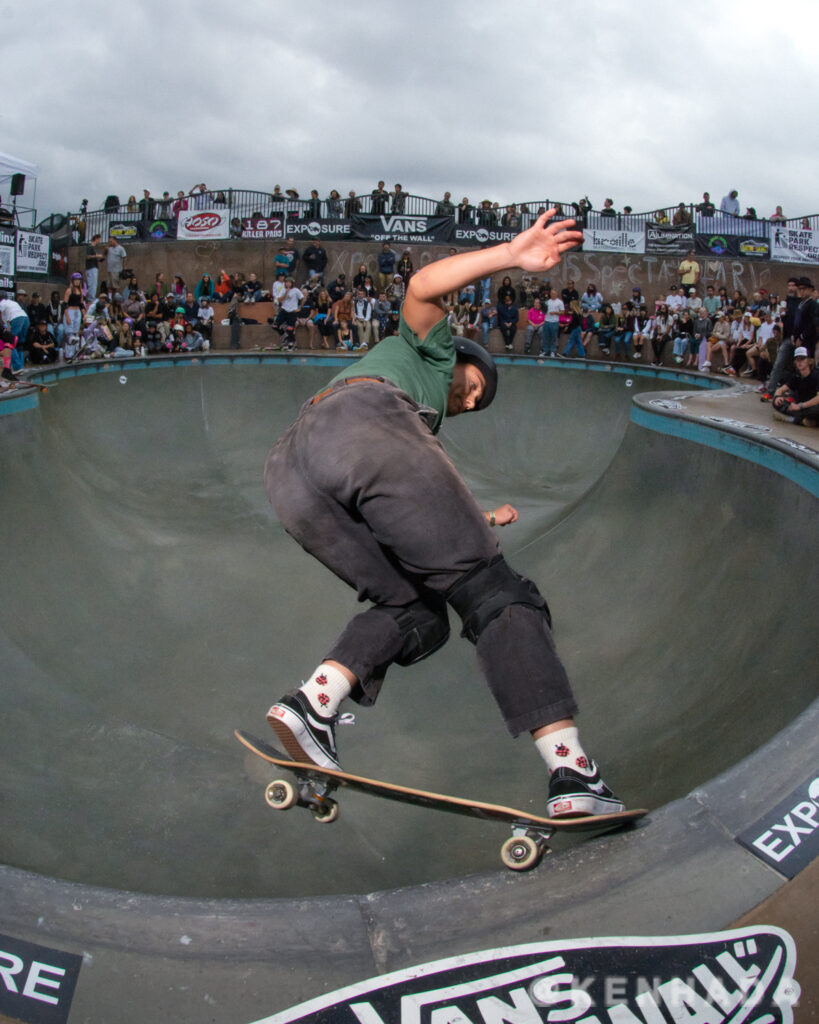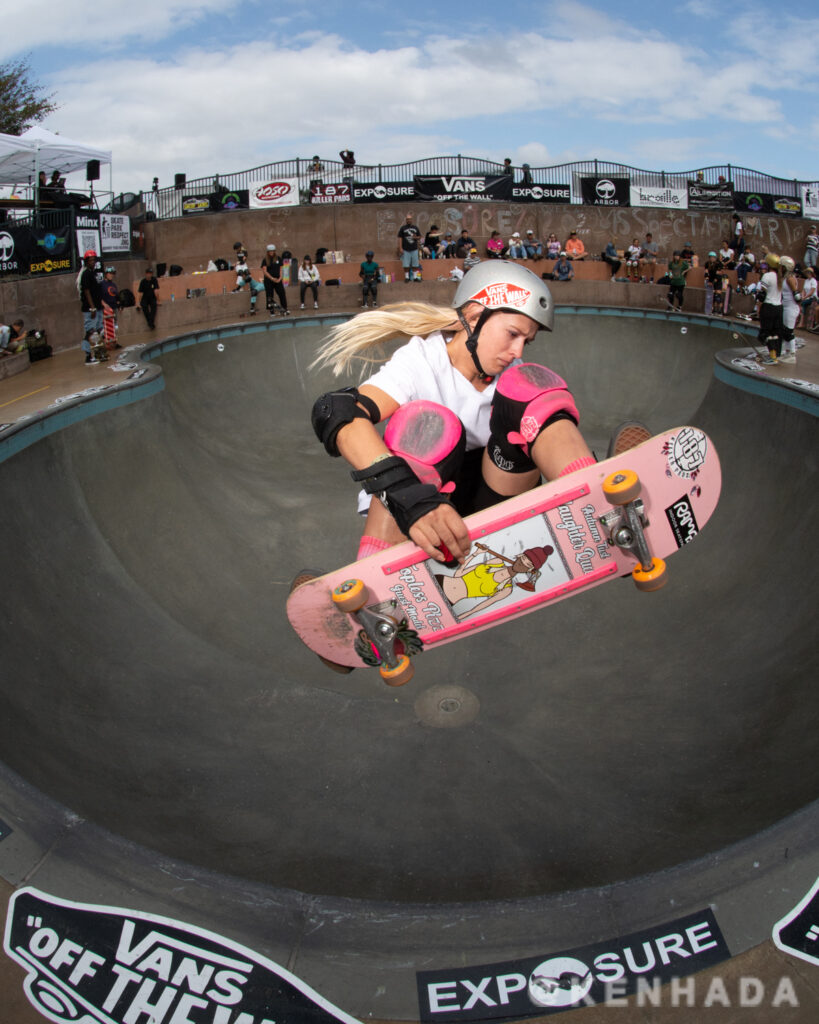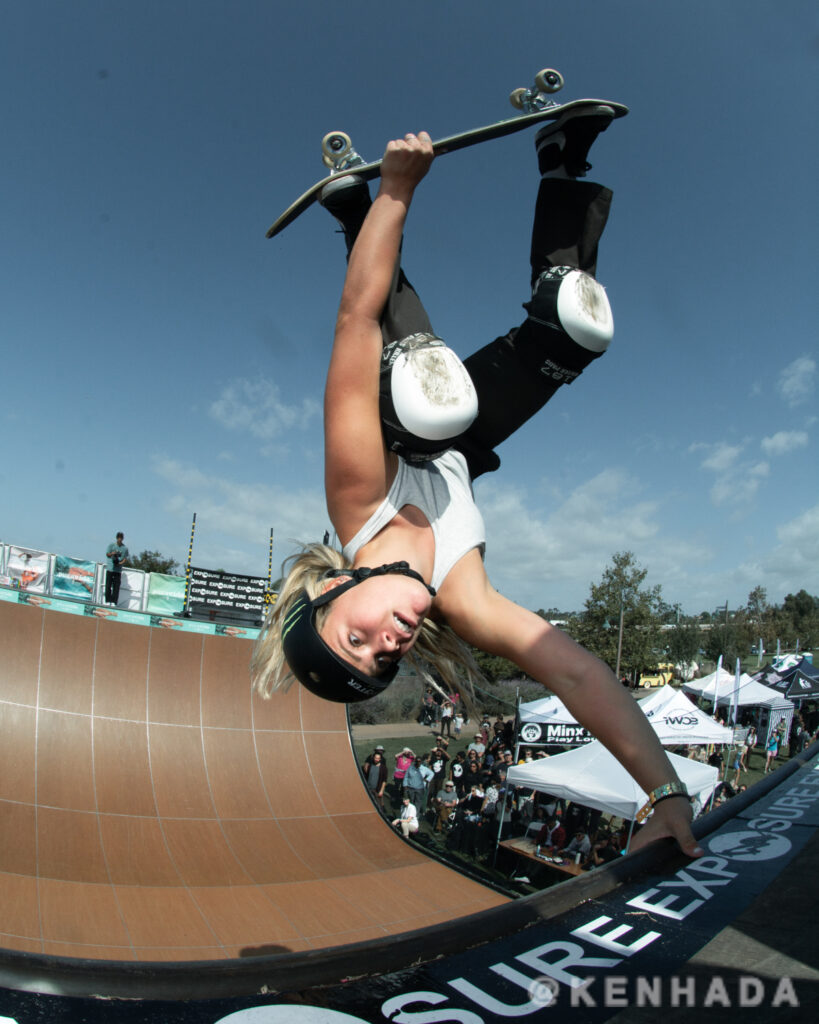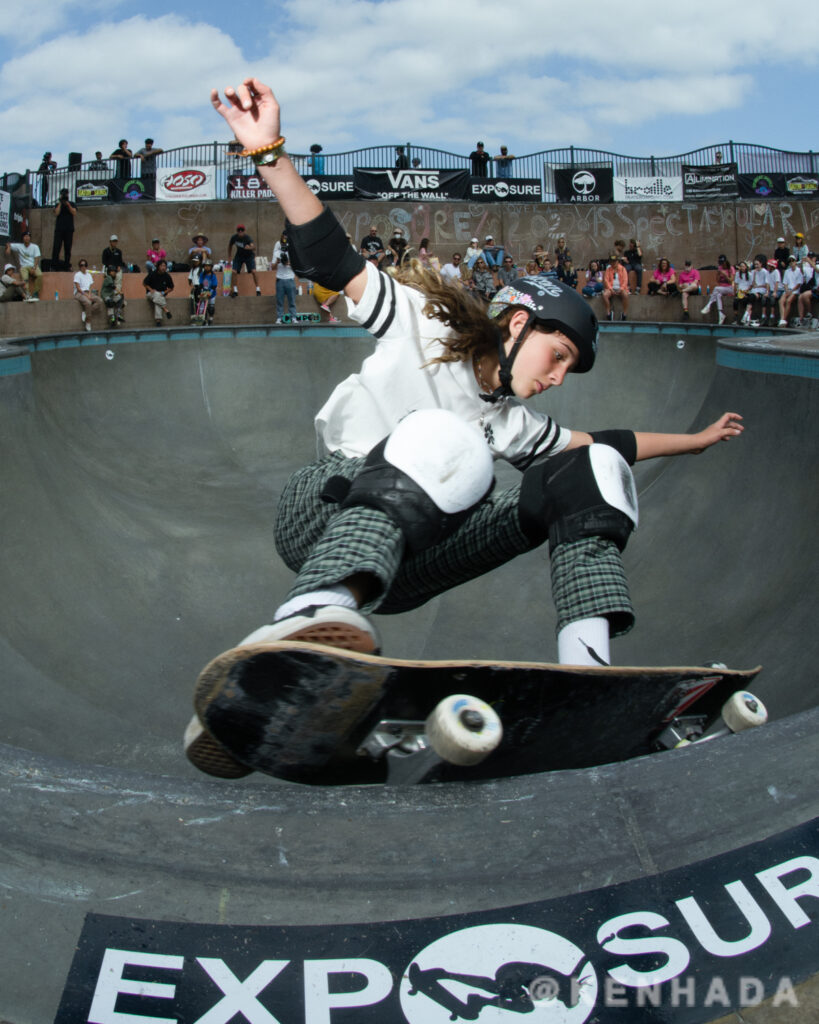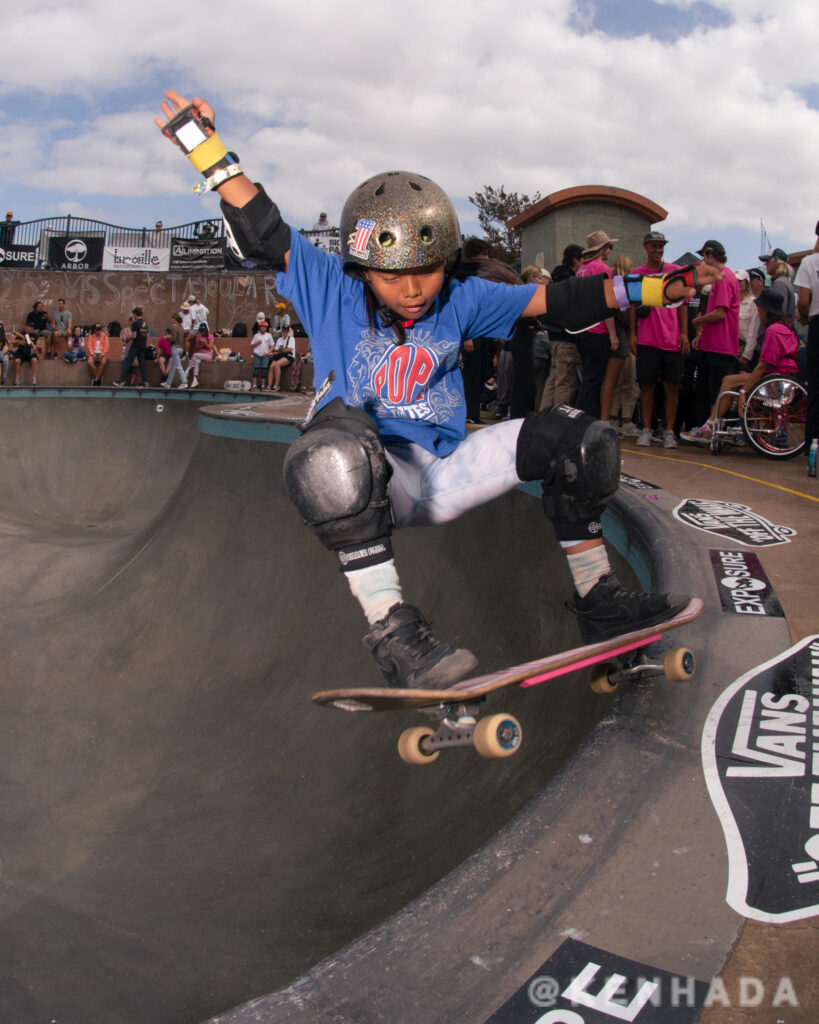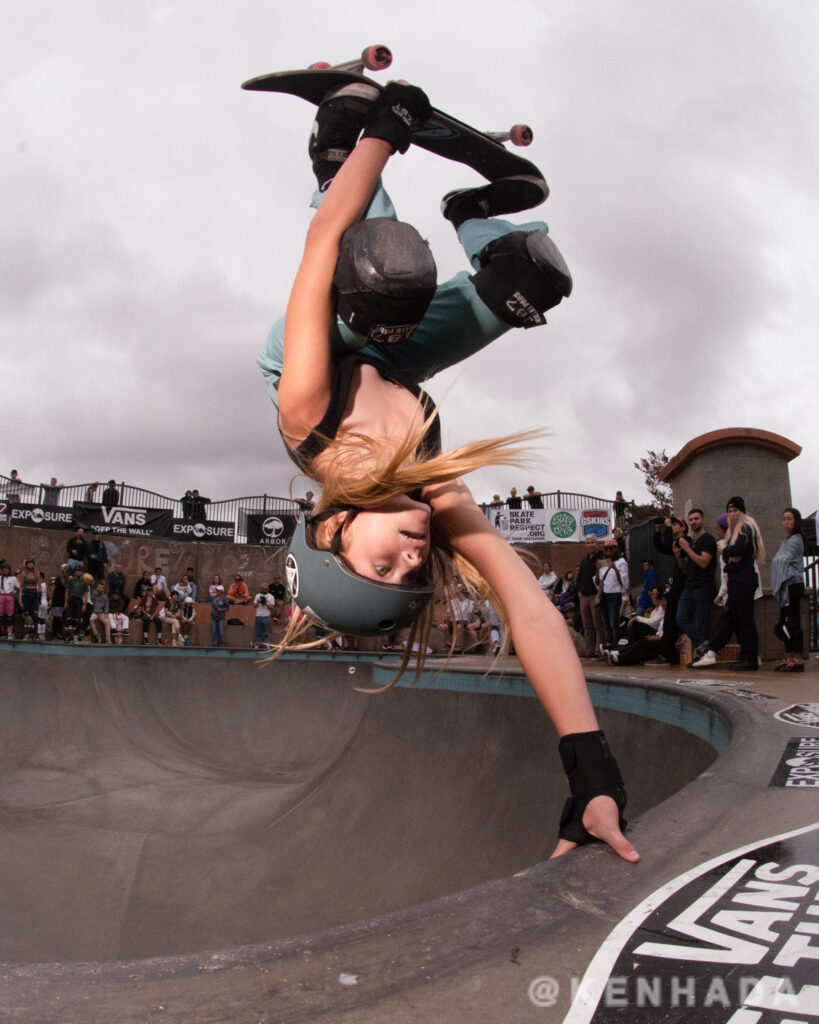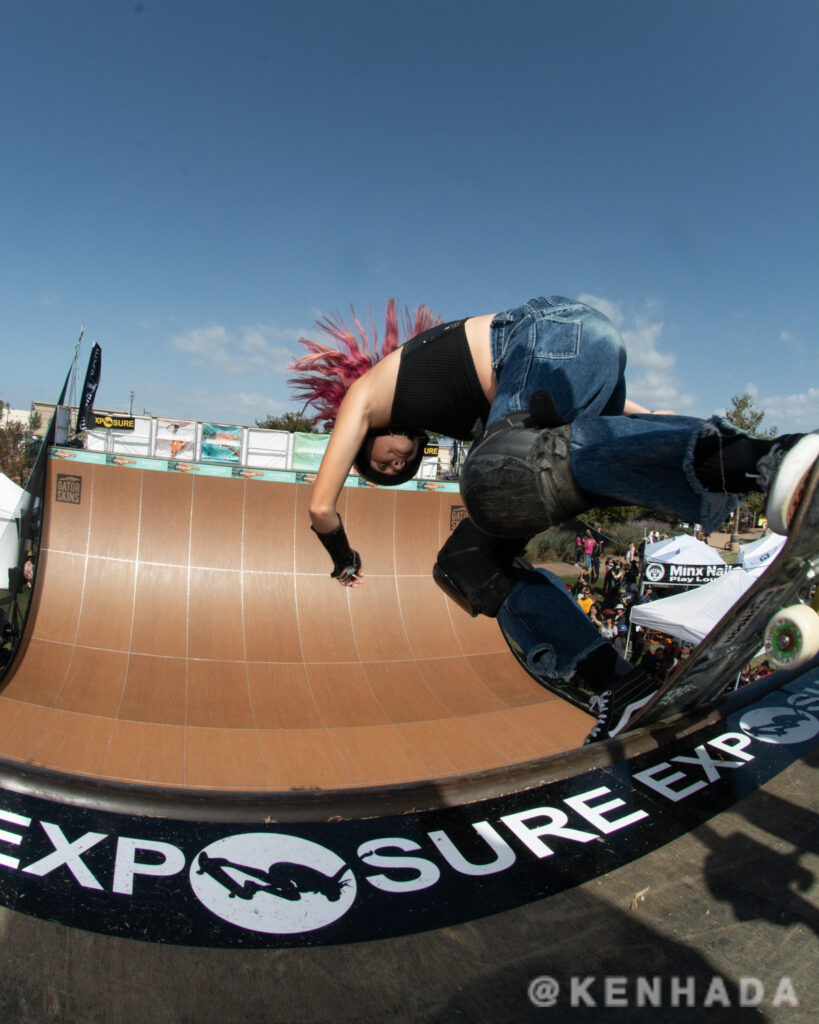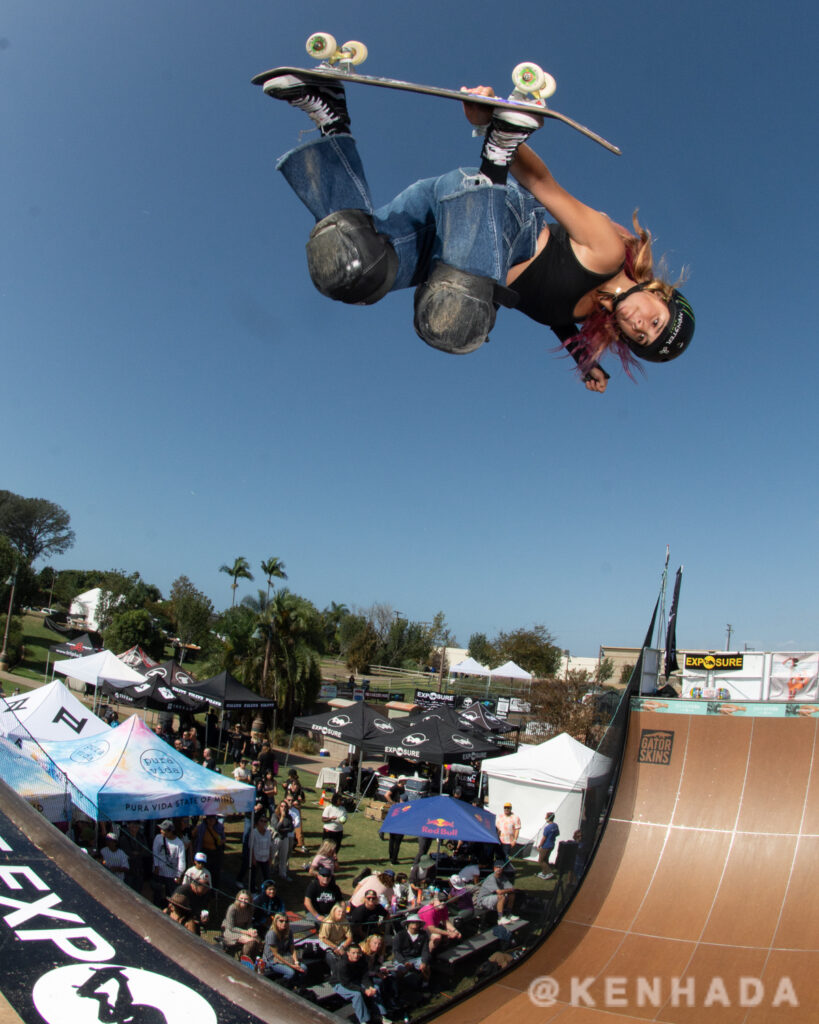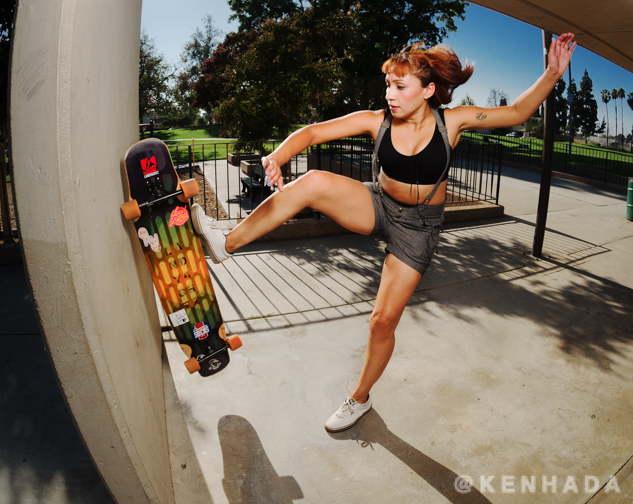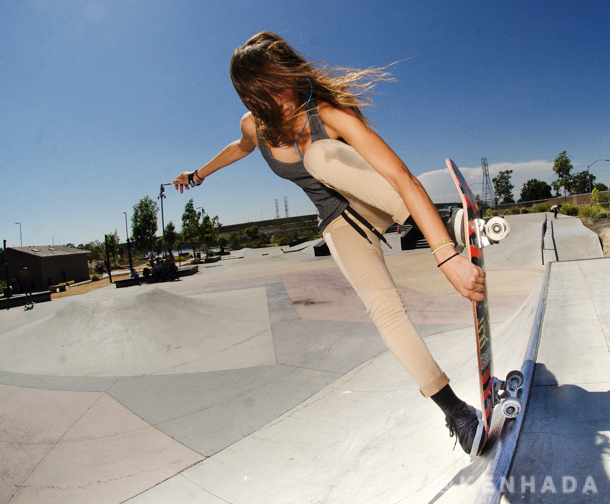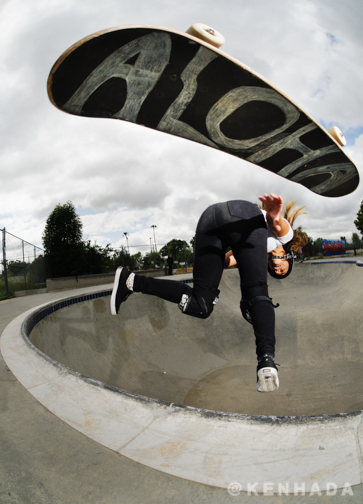I am a old dude (I mean really old), but I still skateboard. While skateboarding and taking pictures I have seen my friends learn new tricks. And I got to thinking about this process. If you don’t skate you might not know that in order for a skateboarder to learn a new trick they must literally fall. Think about that if you want to learn how to make spaghetti there is absolutly no falling on the ground involved. If you want to get a associates degree again no falling. But with skateboarding the recipe for a new trick includes being physically hurt.
It normally goes like this. The skater tries the trick for the first time knowing that they will mostly likely fall. And when I say fall I mean fall to the concrete from a couple of feet to around 13 feet above the ground. So knowing this the skateboarder still tries the new trick. They of course fall, and worse they didn’t even come close to making it. The skater might lay there for a moment to get over the pain and or embarrassment. The skater gets up and tries it again and they fall again, this time it physically and sometimes emotionally hurts even more. Their mind might began feeding them doubt. Doubt that is based in the logic of the physical and emotional pain they are feeling, but the skater pushes that logic aside. The skater tries again and falls again (imagine climbing a few rungs of a ladder and falling off (over and over)). Every fall proves how far away they are from the trick. Every fall hurts more and brings more doubt into the situation. But the skater who is physically hurting and emotionally doubting (for some reason) believes that he or she can do this and that it is worth doing.
Sometimes the skater falls so hard they cannot move for a few moments. They are not passed out, just physically exhausted which contributes to having a harder time with each new beating. They get this sort of dazed look in their face. And they are not thinking about school, relationships, money, politics etc. The skater is in some sense even more focused on the goal. The skater is in sort of a trick-trance.
At some point friends or even other skaters (complete strangers) who are nearby might start cheering the skater on. This support certanly helps take some of the sting away, but whats interesting is that the skater is really battling this thing alone. Skateboarding is such a solitary pursuit. In the end it is just the skater fighting gravity, figuring out physics, and the battling the worst enemy of a new trick (the self).
In the end this process of making a new trick can go on for hours, days, or even months. And of course the moment the skater makes the new trick they feel a sense of accomplishment that is hard to describe. And they take this feeling with them in their pursuit of new tricks as well as other things in life they are attempting.
So I see this day to day from people of all ages, backgrounds, and skill levels. For some skaters just standing on the board and rolling down a bank is a first time thing. And the beautiful thing about skateboarding is that other skaters no matter how old or skilled will alway cheer on and many times even coach the new skater. Skateboarding is like that, a wonderful skater-family experience. And when one learns to accept falling the world can look a little different.
